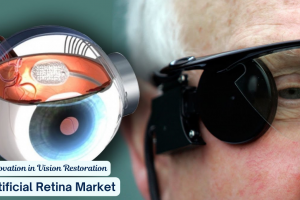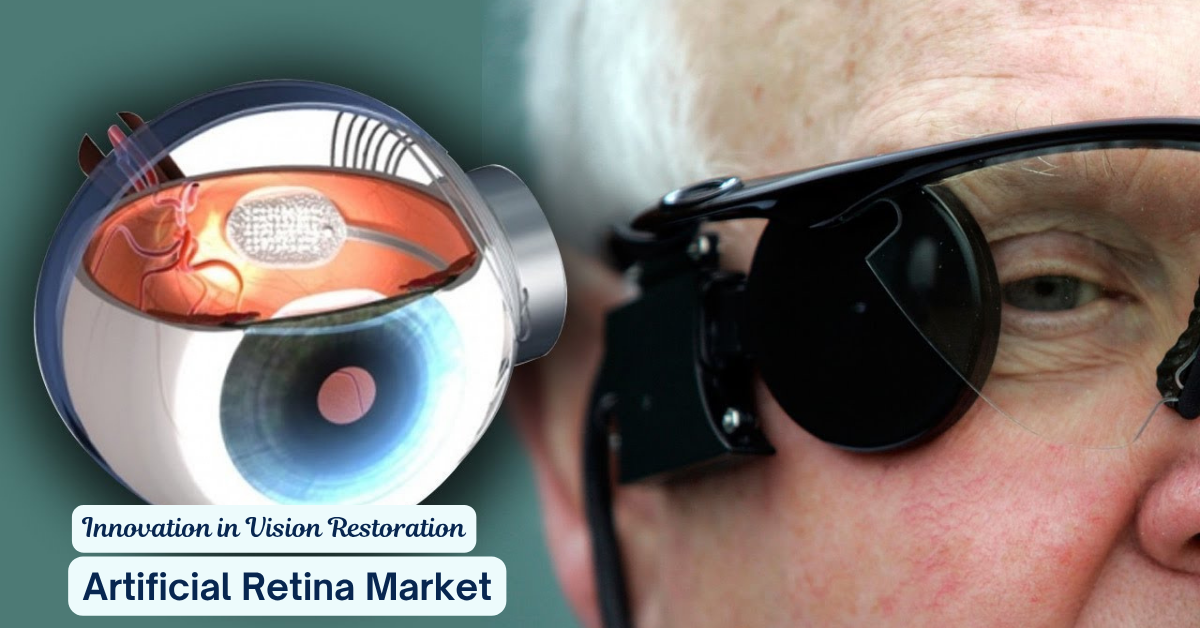The latest market report published by Credence Research, Inc. “Global Magnetic Resonance Imaging (MRI) Systems Market: Growth, Future Prospects, and Competitive Analysis, 2016 – 2028. The global Magnetic Resonance Imaging (MRI) Systems market is anticipated to grow at a substantial CAGR of 4.30% in the upcoming years. The global Magnetic Resonance Imaging (MRI) Systems industry was estimated to be worth USD 8.99 billion in 2022 and was expected to be worth USD 16.76 billion by 2028.
Magnetic Resonance Imaging (MRI) Systems Market faces major challenges in terms of cost and accessibility. Procuring an MRI system can be a significant investment, with prices ranging from hundreds of thousands to millions of dollars. This financial burden is particularly challenging for smaller healthcare facilities that may not have the resources to purchase or maintain these systems. Furthermore, even if a facility does invest in an MRI system, there are additional expenses associated with upkeep and staffing specialized technicians who can operate it. Additionally, access to MRI technology is often limited by geography and socioeconomic factors; patients living in rural or low-income areas may not have easy access to this diagnostic tool.
Segment Performance:
In 2022, the closed system segment accounted for the largest share of the market, driven by the evolution of more potent and effective equipment.
The mid-field strength segment held a prominent share, as it is widely used in oncology, cardiology, orthopedics, and neurology.
The hospital segment captured a significant share, primarily due to hospitals being equipped with the complex infrastructure required to install and operate MRI systems.
The cardiac segment held a prominent share, fueled by the increasing incidence of cardiac diseases globally and the usage of MRI for imaging medical complications such as strokes.
Regional Dominance:
In 2022, the Asia Pacific region held a prominent share in the global Magnetic Resonance Imaging (MRI) Systems market.
The region’s strong patient base, increasing awareness of sophisticated diagnostics, and adoption of advanced technologies contributed to its market dominance.
Japan, with its high number of installed MRI systems per million population, played a significant role in the region’s market position.
Key Countries:
The United States, being a major player in the healthcare industry, held a prominent position in the MRI Systems market.
European countries such as Germany, the United Kingdom, France, and Italy also contributed significantly, benefiting from well-established healthcare systems and research and development in medical imaging technologies.
Economic Impact:
The COVID-19 pandemic and the focus on managing and treating COVID-19 patients have temporarily impacted the utilization of MRI systems, leading to a decline in the market.
However, as the healthcare sector recovers and the demand for diagnostic imaging increases, the MRI Systems market is expected to rebound.
Competitive Environment:
The competitive landscape of the Magnetic Resonance Imaging (MRI) Systems industry encompasses economic profitability, sales, revenues, market share, business organization summaries, product introductions, and market opportunities.
Notable players in the market include GE Healthcare, Siemens AG, Toshiba Corporation, Aurora Imaging Technologies, Inc., Koninklijke Philips N.V., Esaote SPA, Sanrad Medical Systems Pvt ltd, Fujifilm.
Key Trends:
Wider-bore and open MRI systems have gained popularity, offering a more comfortable experience for patients, particularly those who are claustrophobic or larger in size.
Integration of Artificial Intelligence (AI) in MRI systems for image acquisition, reconstruction, and analysis is a growing trend.
Collaboration with Stakeholders:
Manufacturers of MRI systems collaborate with healthcare providers to ensure access to the latest innovations and technologies.
Partnerships with healthcare professionals and research institutions contribute to improving product functionality, features, and performance.
Major Investments:
Leading players in the Magnetic Resonance Imaging (MRI) Systems market have made significant investments in driving innovation, enhancing product offerings, and expanding their market presence.
For example, Canon Medical launched the Vantage
Why to Buy This Report-
- The report provides a qualitative as well as quantitative analysis of the global Magnetic Resonance Imaging (MRI) Systems Market by segments, current trends, drivers, restraints, opportunities, challenges, and market dynamics with the historical period from 2016-2020, the base year- 2021, and the projection period 2022-2028.
- The report includes information on the competitive landscape, such as how the market’s top competitors operate at the global, regional, and country levels.
- In-depth analysis of the global market segmentation on the Field Strength Outlook and Field Strength Outlook
- Major nations in each region with their import/export statistics
- The global Magnetic Resonance Imaging (MRI) Systems Market report also includes the analysis of the market at a global, regional, and country-level along with key market trends, major players analysis, market growth strategies, and key application areas.
Browse Full Report: https://www.credenceresearch.com/report/magnetic-resonance-imaging-mri-systems-market
Visit: https://www.credenceresearch.com/
Related Report: https://www.credenceresearch.com/report/medical-adhesives-and-sealants-market
Related Report: https://www.credenceresearch.com/report/non-invasive-prenatal-testing-market
Browse Our Blog: https://www.linkedin.com/pulse/magnetic-resonance-imaging-mri-systems-market-size-industry-singh









